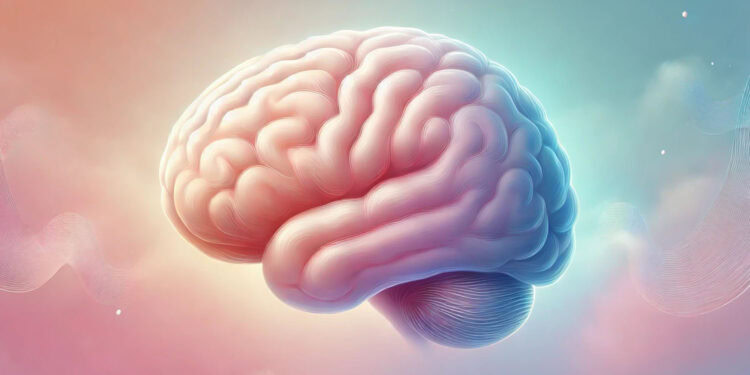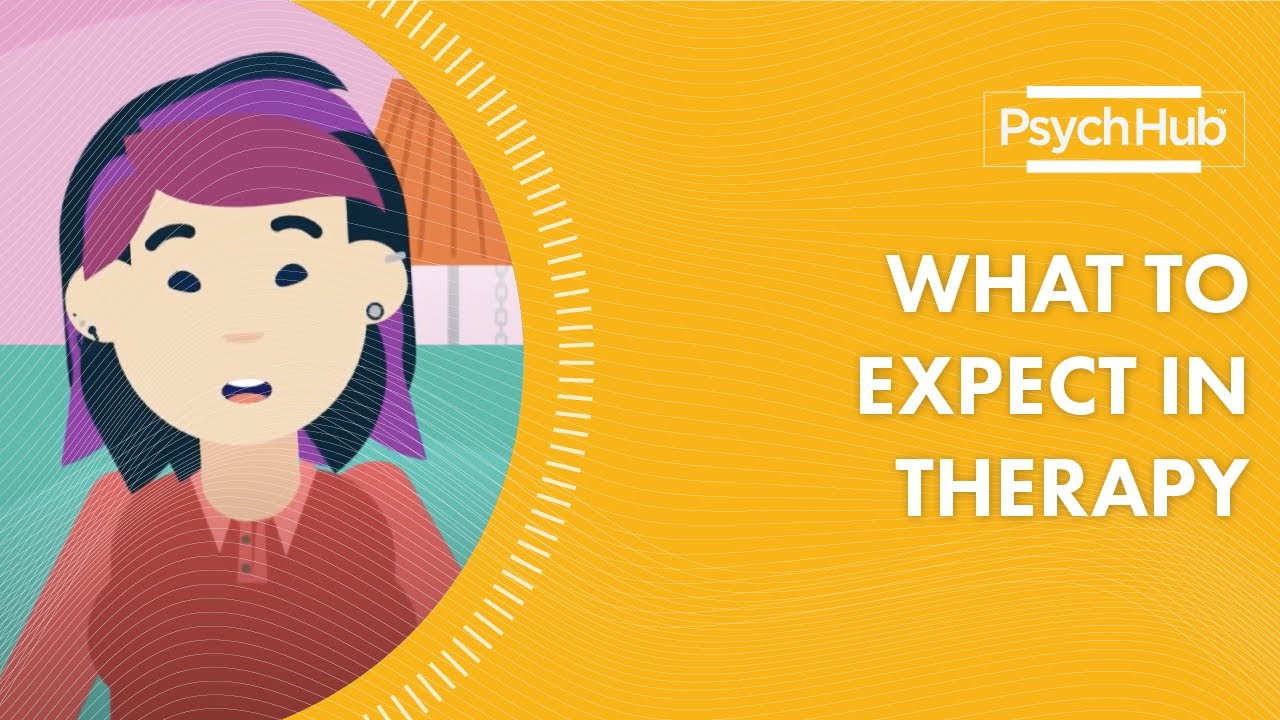Have you ever wondered how both masculinity and mindfulness can intertwine to influence mental health outcomes? Specifically, how can these factors play a role in alleviating the unique psychological stressors faced by gay men?
Increased Masculinity Linked to Reduced Distress in Gay Men via Heightened Mindfulness
The statement “Increased masculinity linked to reduced distress in gay men via heightened mindfulness” not only ignites curiosity but also leads us into a deeper exploration of two paradigms that are rarely discussed together—masculinity and mindfulness—in understanding mental health among gay men. Recent research has delved into this intriguing intersection, providing evidence that will reshape current perspectives on mental well-being for this community.

The Context: Psychological Adversities Faced by Gay Men
Gay men often encounter numerous social and psychological adversities, which include suppression, prejudice, and rejection due to their sexual orientation. These adverse experiences can lead to heightened levels of internalized negativity and mental distress manifesting as stress, anxiety, and depression. Unlike their heterosexual counterparts, who might not experience the same degree of social rejection based on their sexual orientation, gay men have to navigate a landscape that is fraught with both personal and societal obstacles.
The Role of Masculinity in Mental Health
Masculinity, as a concept, has been extensively studied in relation to mental health. It can play a substantial role in this domain by helping individuals maintain gender conformity, often endorsed by societal norms. For gay men, adhering to traditional masculine norms can sometimes serve as a buffer against the negative effects of societal prejudice and rejection. Interestingly, this aspect of masculinity is often a double-edged sword—it offers protection yet sometimes enforces rigid norms that individuals may struggle to conform to.
Uncharted Territory: The Role of Mindfulness
Mindfulness involves attending to the present moment non-judgmentally and purposefully. Its benefits for mental health are well-documented. It can help individuals manage negative emotions and stress more effectively. The new research aimed to identify whether mindfulness could serve as a mediator in the relationship between masculinity and mental distress among gay men.
The Study: Methodology and Findings
To explore this complex relationship, researchers conducted a study involving 237 Chinese gay men recruited through various social media platforms. Participants completed an online questionnaire hosted on the WENJUANXING platform. After excluding invalid responses, data from 210 participants, ranging in age from under 18 to over 50 and hailing from more than 50 cities, were analyzed.
Key Findings:
-
Correlation Between Masculinity and Mindfulness: The study found that masculinity was positively correlated with overall mindfulness and negatively correlated with stress, anxiety, and depression. This indicates that more masculine gay men tend to be more mindful and experience lower levels of mental distress.
-
Mindfulness as a Mediator: Importantly, the research demonstrated that mindfulness mediated the relationship between masculinity and mental distress. Essentially, the more masculine gay men were, the more mindful they tended to be, leading to reduced levels of mental distress.
-
Sub-dimensions of Mindfulness: Further analyses revealed that two specific components of mindfulness, “describing” and “acting with awareness,” had significant mediation effects. This means that the ability to articulate one’s feelings and to remain focused on the present moment are crucial in reducing mental distress for more masculine gay men.

The Analytical Mind and Emotional Articulation
An interesting discovery was the significant correlation between being analytical (a key component of masculinity) and the ability to describe one’s feelings (a key component of mindfulness). This suggests that more analytical gay men are better at articulating their internal experiences, which may help them cope better with negative emotions.
Complexity in Non-reactivity
Interestingly, the study also found that the sub-dimension of non-reactivity, which measures a non-judgmental response to inner experiences, was positively correlated with mental distress. This suggests that higher non-reactivity might not always be beneficial for mental health in this context, highlighting the complexity of how different facets of mindfulness interact with mental health.

Implications and Limitations
This study provides valuable insights into the intricate relationships between masculinity, mindfulness, and mental distress among gay men. However, it’s important to consider the limitations. The research only included Chinese gay men, which might limit the generalizability of the findings to other cultural contexts. Additionally, the cross-sectional design of the study limits the ability to infer causality. Future research could benefit from longitudinal studies and a more diverse sample to enhance the understanding of these relationships across different cultures and over time.
Author Contributions
The study was authored by Haoqian Li, Yangyang Yang, Yiwen Li, and Yimeng Zeng. Their work has opened new doors in understanding the protective roles of masculinity and mindfulness in alleviating mental distress among gay men.

Related Research and Future Directions
The association between problematic pornography use and negative body image, the impact of memory training on depression symptoms, the link between lower teenage cognitive ability and early-onset stroke, connections between nostalgia and spatial anxiety, and how stress triggers different brain responses in individuals with alcohol use disorders—all these areas are interconnected in broader psychological research. Each thread contributes to our understanding of mental health and the complex interplay of various influencing factors.
Conclusion
The fascinating connection between increased masculinity and reduced distress in gay men via heightened mindfulness opens up a new avenue for mental health interventions. Encouraging mindfulness practices among more masculine gay men may serve as a potential therapeutic strategy to alleviate stress, anxiety, and depression. However, further research is needed to explore this relationship across different cultural contexts and longitudinally to better understand causality and long-term effects.
Understanding how these different elements interact helps in crafting well-rounded, effective mental health strategies, aiming to not just treat but genuinely alleviate the multifaceted distress experienced by individuals.




